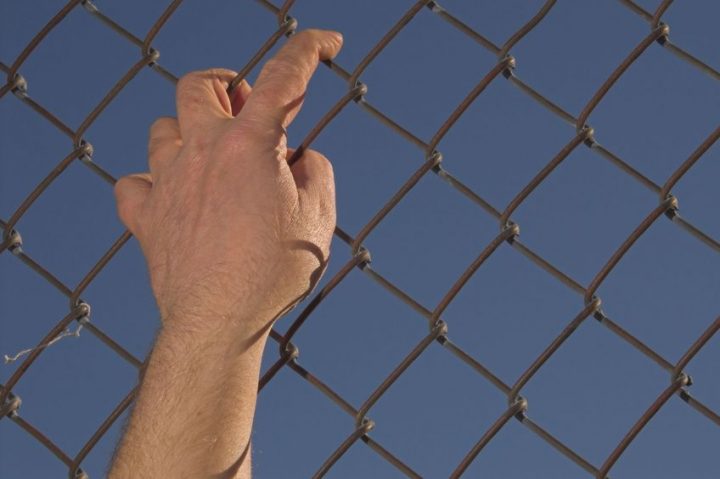
When you or someone you know faces juvenile criminal charges or adult charges in Oklahoma, the process is very stressful. The consequences faced can differ significantly depending on whether the person charged is a juvenile or an adult. Understanding these differences is crucial, as they impact the approach to defense, the legal procedures followed, and the potential outcomes of the case.
Definition of Juvenile and Adult Offenders
In Oklahoma, the law generally considers anyone under the age of 18 as a juvenile. This age limit sets the stage for the initial division in how the justice system handles offenders. Adults, meaning anyone 18 or older, go through the regular criminal justice system. However, juveniles enter the juvenile justice system, which operates under different rules and aims more at rehabilitation than punishment.
Juvenile Court Proceedings in Tulsa
Juvenile proceedings are not open to the public, protecting the privacy of the young person involved. This contrasts sharply with adult court proceedings, which are typically public. The juvenile justice system focuses on keeping your record private and on rehabilitation, aiming to integrate you back into society successfully.
Adult Criminal Proceedings
As an adult, if you are charged with a crime, you will face a more formal procedure. This commonly involves a trial by jury, which is a group of peers who listen to the evidence and determine guilt or innocence. Adult proceedings are public, and records of the trial are accessible, potentially impacting your future employment and personal life.
Sentencing for Juveniles in Oklahoma
Sentencing in the juvenile system in Oklahoma focuses on rehabilitation. The options available may include community service, counseling, and placement in a juvenile detention facility. The goal is to correct behavior rather than to punish harshly. Sentences are typically not part of the public record, and in many cases, juvenile records can be sealed or expunged, meaning they are removed or hidden from regular checks.
Sentencing for Adults
Adult sentencing can be harsher and aims to punish and deter criminal behavior. If found guilty, an adult may face long prison terms, heavy fines, or both. Unlike juvenile records, adult criminal records are usually permanent and can affect various aspects of life, including job opportunities, voting rights, and eligibility for public housing.
Handling of Specific Crimes
In some cases, juveniles criminal charges may be charged as adults, particularly in Oklahoma when the charges are severe, such as in cases of murder or certain violent felonies. This decision is typically at the discretion of the court and depends on factors like the crime’s severity, the juvenile’s age, and past criminal history. Charging juveniles as adults is intended to apply stricter consequences that are believed to match the gravity of the crime.
Potential for Rehabilitation
The juvenile justice system in Oklahoma places a strong emphasis on rehabilitation. The belief is that younger individuals have a higher potential to learn from their mistakes. This helps them change their behavior with appropriate guidance and support. This is reflected in the types of programs and opportunities available to juveniles. The programs include education programs, vocational training, and therapy. In contrast, while rehabilitation programs are available in adult prisons, the focus is more on punishment, and the resources may not be as tailored to personal development and future reintegration into society.
Tulsa Juvenile Criminal Defense Lawyers
Facing juvenile criminal charges in Oklahoma are especially difficult. The consequences and legal processes differ vastly from those for adults, influencing everything from your defense strategy to the potential outcomes. If you or someone you know is dealing with such a situation, speak with a lawyer. Contact Tulsa Criminal Lawyers Law Firm today at (918) 416-0358 or online for a consultation.
